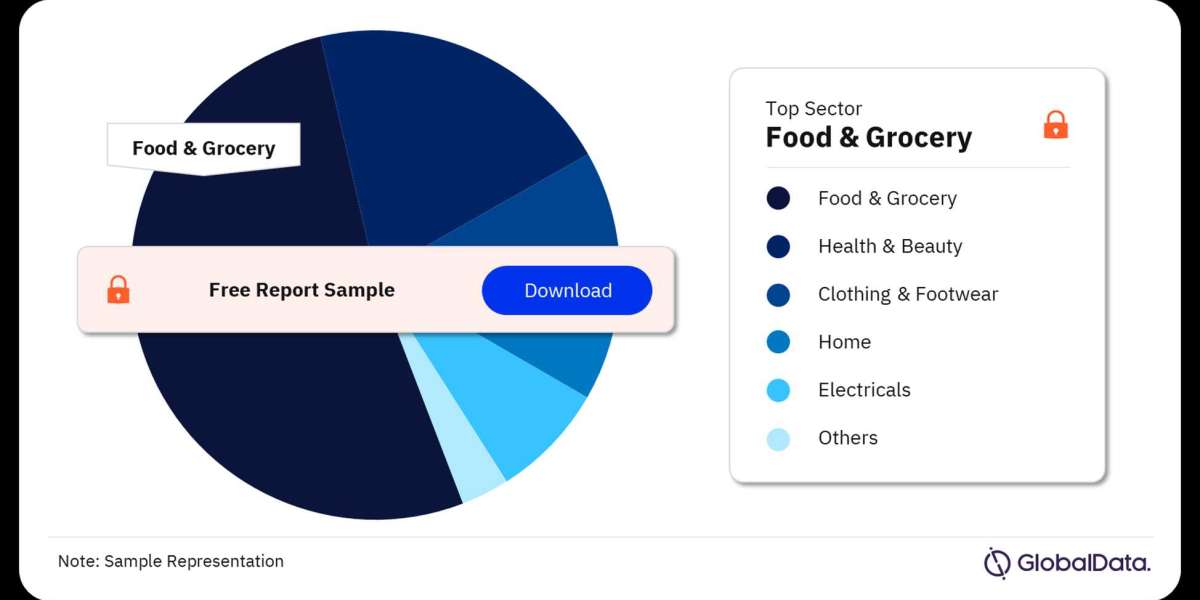Introduction to the Indonesia Retail Market
The Indonesia retail market is characterized by its sheer size and diversity. With a population exceeding 270 million and a rapidly growing middle class, the country presents a lucrative opportunity for retailers both domestic and international.
Overview of the Retail Industry in Indonesia
Historical Background
Indonesia's retail sector has evolved significantly over the years. Historically, traditional markets, known as "pasar," dominated the retail scene, serving as the primary source of goods for Indonesian consumers. However, with urbanization and economic development, modern retail formats such as supermarkets, department stores, and shopping malls have gained prominence.
Current Status and Growth Trends
In recent years, the Indonesia retail market has witnessed robust growth, driven by rising disposable incomes, urbanization, and changing consumer preferences. According to market research, retail sales in Indonesia are expected to continue growing steadily, fueled by increasing consumer spending.
Key Players in the Indonesia Retail Market
Local Retailers
Indonesia's retail landscape is dominated by a mix of local and international players. Local retailers such as Matahari Department Store, Ramayana, and Alfamart have a strong presence across the country, catering to the diverse needs of Indonesian consumers.
International Brands
In addition to local players, international brands have also made significant inroads into the Indonesian market. Global giants like Uniqlo, HM, and Starbucks have expanded their footprint in major cities, capitalizing on Indonesia's burgeoning consumer market.
Consumer Behavior and Preferences
Demographics
Understanding Indonesia's demographics is crucial for retailers seeking to succeed in the market. With a young population and a growing middle class, Indonesian consumers exhibit diverse preferences and purchasing power.
Buying Habits
Indonesian consumers are increasingly embracing modern retail channels, including e-commerce platforms and convenience stores. However, traditional retail formats such as wet markets and street vendors remain popular, particularly in rural areas.
Emerging Trends in Indonesian Retail
E-commerce Boom
The advent of e-commerce has revolutionized the Indonesian retail landscape, offering consumers greater convenience and access to a wide range of products. Platforms like Tokopedia, Shopee, and Lazada have experienced explosive growth, attracting both shoppers and retailers alike.
Shift Towards Sustainable and Ethical Consumption
In line with global trends, Indonesian consumers are becoming more environmentally and socially conscious. As a result, there is a growing demand for sustainable and ethically sourced products, presenting opportunities for retailers to differentiate themselves in the market.
Challenges and Opportunities
Infrastructure Issues
Despite its economic potential, Indonesia faces infrastructure challenges that hinder the development of its retail sector. Poor logistics infrastructure, traffic congestion, and inadequate transportation networks pose obstacles to efficient supply chain management and distribution.
Regulatory Environment
Navigating Indonesia's regulatory landscape can be complex for retailers, with various regulations and policies governing foreign investment, importation, and licensing. Understanding and complying with local regulations is essential for success in the Indonesian market.
Strategies for Success in the Indonesia Retail Market
Localization
Adopting a localized approach is key to winning over Indonesian consumers. This involves tailoring product offerings, marketing strategies, and store layouts to cater to local tastes and preferences.
Digitalization
Embracing digital technologies is essential for retailers looking to stay competitive in Indonesia's rapidly evolving retail landscape. From mobile payments to omnichannel retailing, leveraging digital tools can enhance the customer experience and drive sales.
Conclusion
In conclusion, the Indonesia retail market offers immense opportunities for retailers willing to navigate its unique challenges. By understanding consumer behavior, embracing emerging trends, and implementing effective strategies, retailers can thrive in this dynamic and vibrant market.
Buy the Full Report for More Insights into the Indonesia Retail Market Forecast, Download A Free Report Sample








